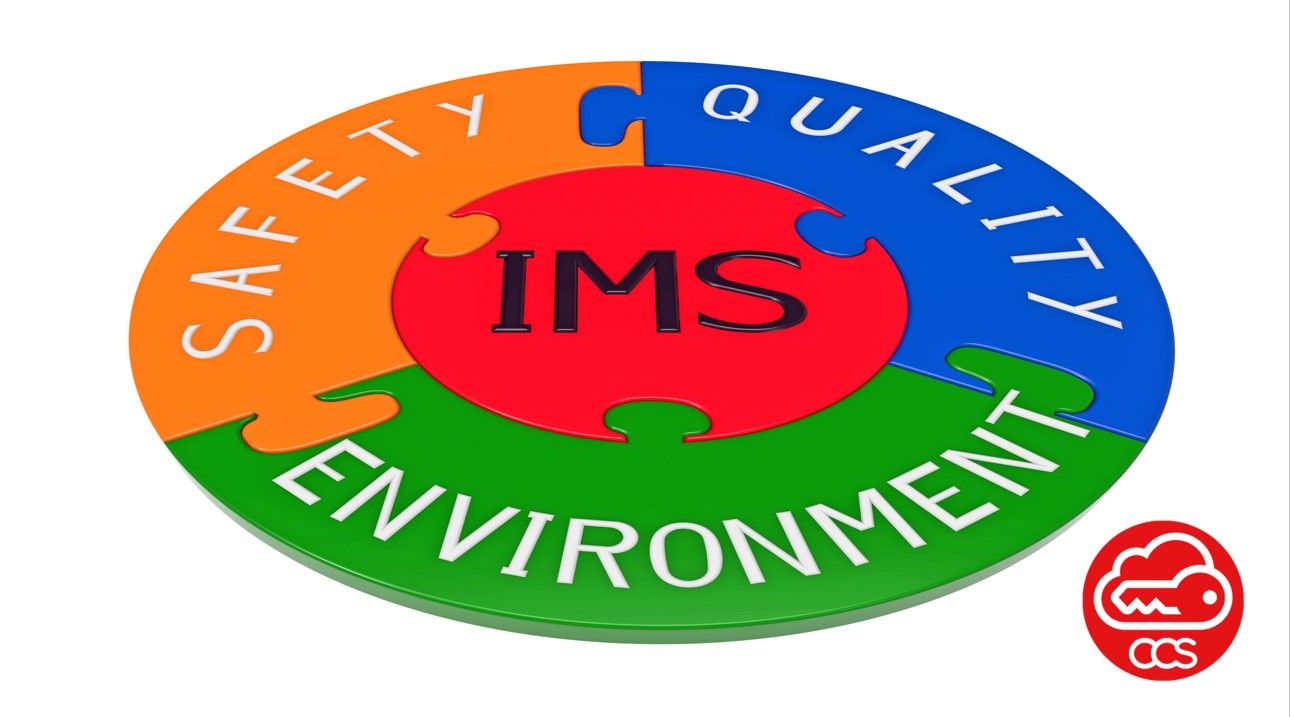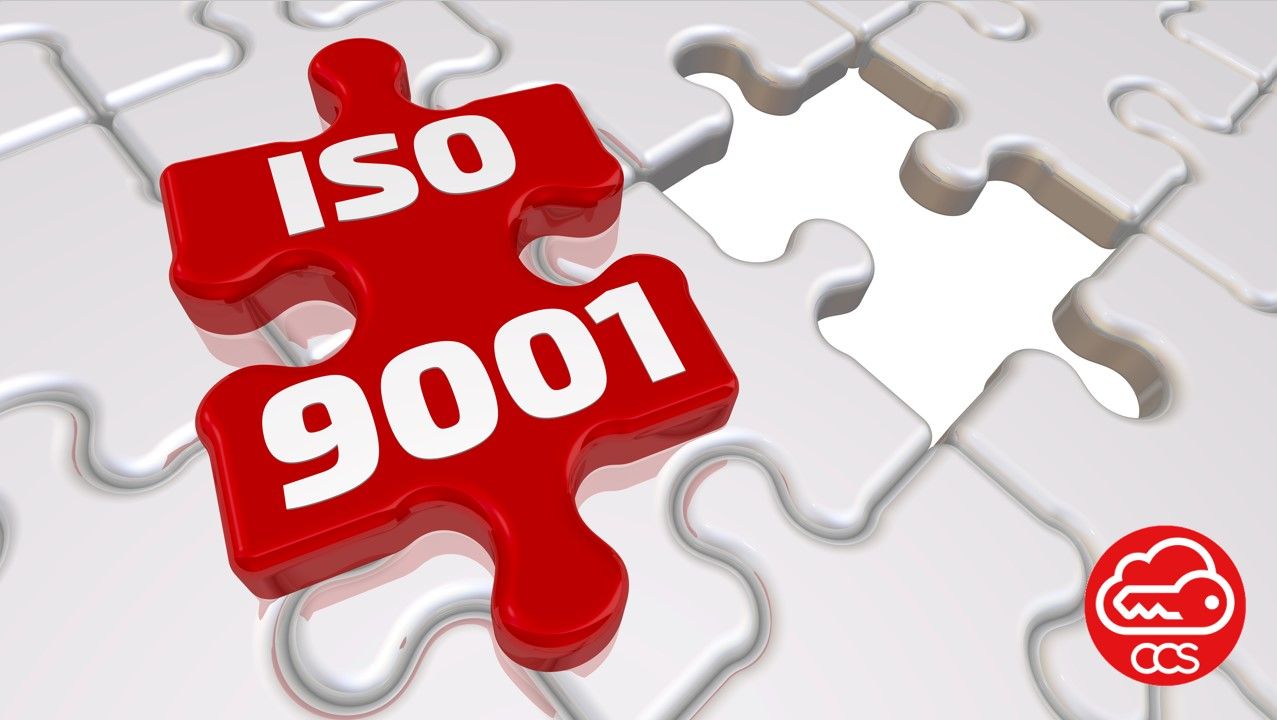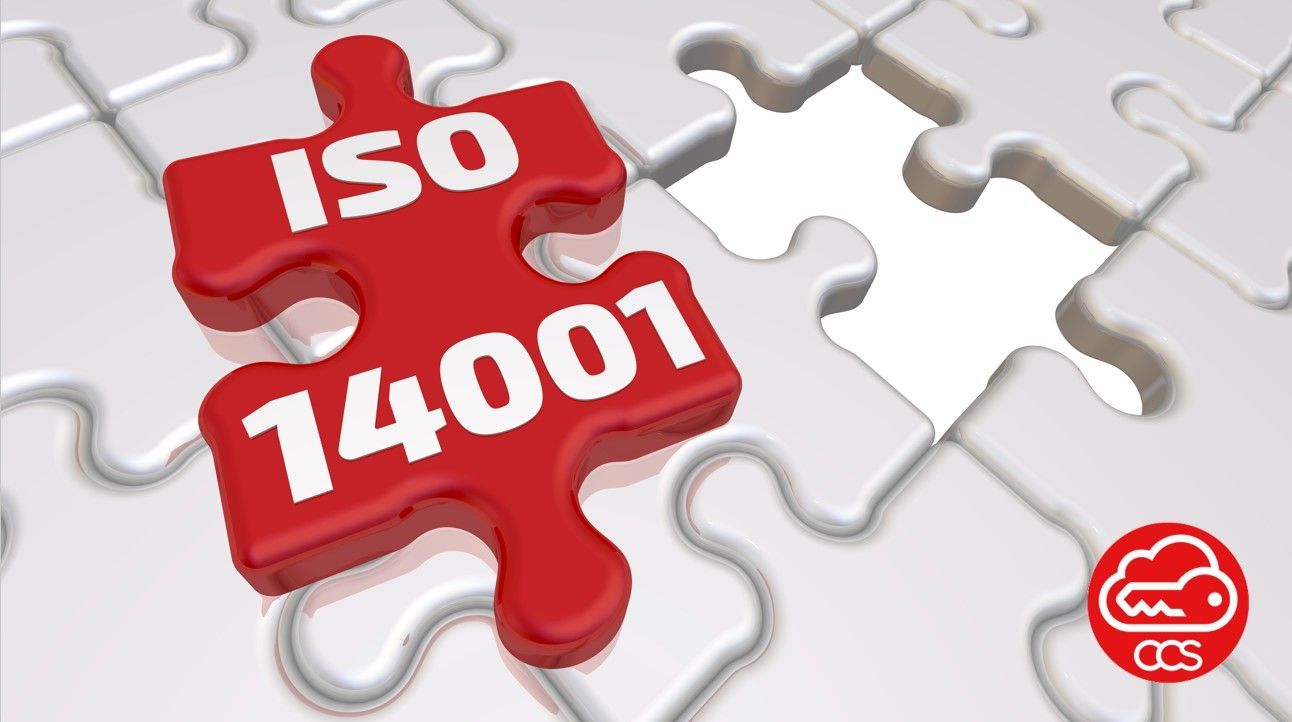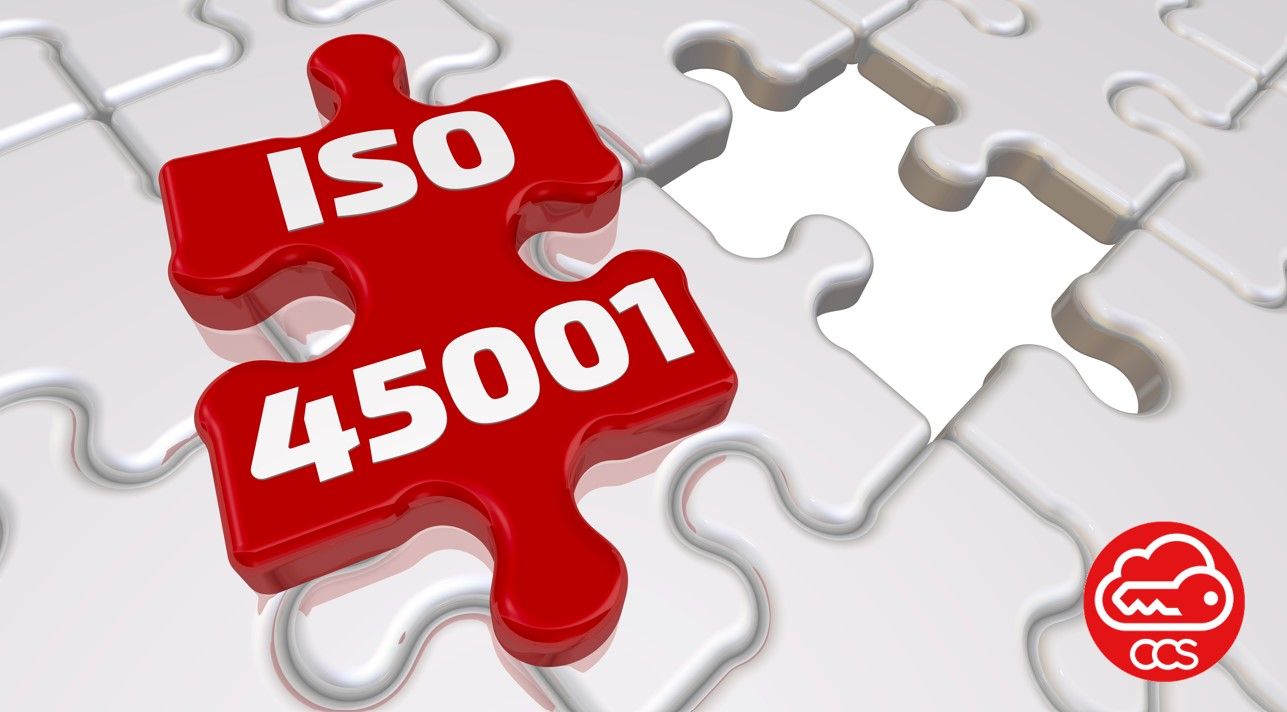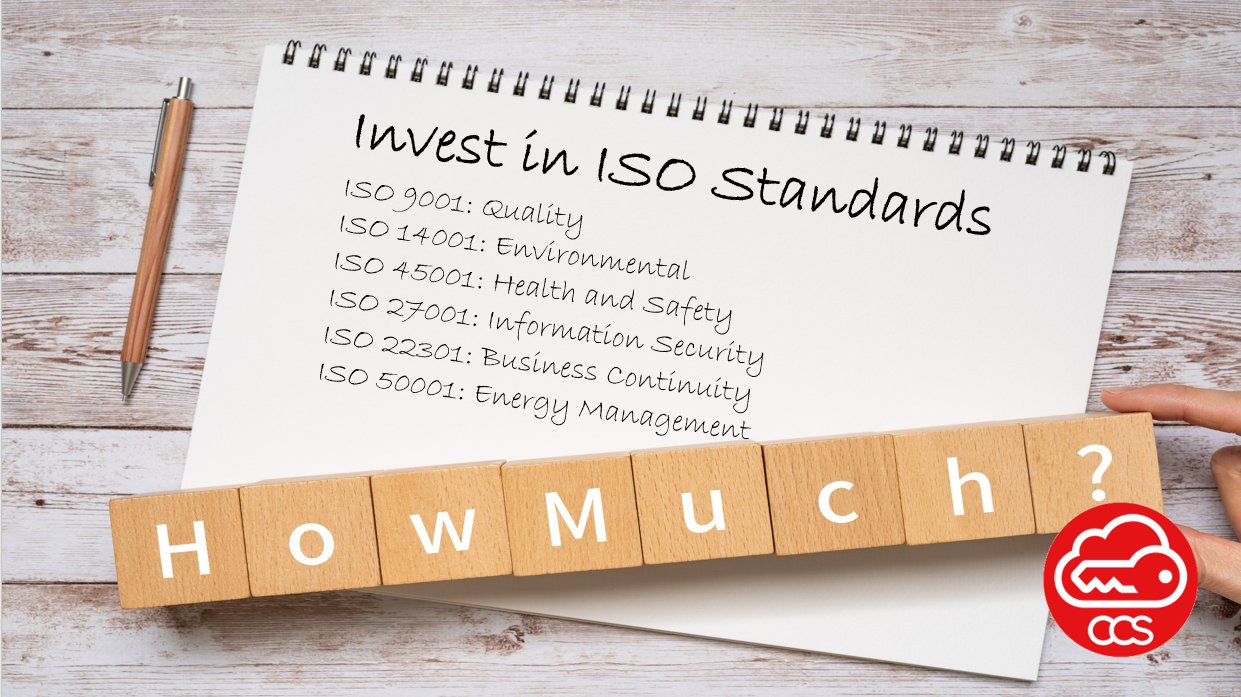The Benefits of Implementing ISO 9001, ISO 14001, and ISO 45001
in an Integrated Management System
In today's increasingly complex business landscape, organisations face the challenge of managing multiple aspects of their operations effectively. Implementing ISO standards can provide a solid foundation for improving quality, environmental performance, and occupational health and safety.
This article explores the benefits of integrating ISO 9001 (Quality Management), ISO 14001 (Environmental Management), and ISO 45001 (Occupational Health and Safety Management) into a unified system.
By harmonising these standards, organisations can unlock synergies, streamline processes, enhance efficiency, and promote a holistic approach to sustainable business practices.
Streamlined Compliance and Resource Optimization:
- Integrating ISO 9001, ISO 14001, and ISO 45001 into a single management system reduces duplication, simplifies documentation, and streamlines compliance efforts. Common processes, such as risk assessment, corrective actions, and internal audits, can be harmonised, eliminating redundant activities and optimising resource allocation. This integration saves time, effort, and costs associated with maintaining separate systems for each standard.
Enhanced Operational Efficiency:
- An integrated management system facilitates cross-functional collaboration and improves communication throughout the organisation. By aligning quality, environmental, and health and safety objectives, organisations can identify interdependencies, eliminate inefficiencies, and achieve operational synergies. For example, reducing waste and energy consumption not only benefits the environment (ISO 14001) but can also lead to cost savings and improved efficiency (ISO 9001). The integrated approach fosters a culture of continuous improvement across all aspects of the organisation.
Comprehensive Risk Management:
- Integrating ISO 9001, ISO 14001, and ISO 45001 enables organisations to holistically manage risks and opportunities. By addressing quality, environmental, and health and safety risks collectively, organisations can identify potential hazards, implement preventive measures, and respond proactively to mitigate adverse impacts. This integrated risk management approach minimises the likelihood of incidents, enhances workplace safety, protects the environment, and safeguards product and service quality.
Consistent Compliance with Legal and Regulatory Requirements:
- An integrated management system ensures that organisations remain compliant with legal and regulatory obligations across quality, environmental, and health and safety domains. By monitoring changes in legislation, regulations, and industry standards, organisations can proactively adapt their processes and procedures to meet evolving requirements. This comprehensive compliance approach minimises the risk of non-compliance, penalties, and reputational damage, while fostering a responsible and sustainable business image.
Synergistic Benefits and Continuous Improvement:
- The integration of ISO 9001, ISO 14001, and ISO 45001 creates synergistic benefits that extend beyond individual standards. Organisations can identify opportunities for innovation, process optimisation, and performance enhancement by considering quality, environmental, and health and safety aspects together. The integrated system facilitates the sharing of best practices, knowledge transfer, and cross-functional learning, leading to ongoing improvements in organisational performance and stakeholder satisfaction.
Integrating ISO 9001, ISO 14001, and ISO 45001 into an integrated management system offers numerous benefits for organisations committed to quality, environmental sustainability, and occupational health and safety. By harmonising these standards, organisations streamline compliance efforts, enhance operational efficiency, promote comprehensive risk management, ensure consistent compliance with legal requirements, and foster a culture of continuous improvement. The integrated approach maximises synergies, promotes sustainable business practices, and positions organisations for long-term success in a rapidly evolving global marketplace.
Embracing the power of an integrated management system enables organizations to meet stakeholder expectations, drive operational excellence, and achieve sustainable growth.


